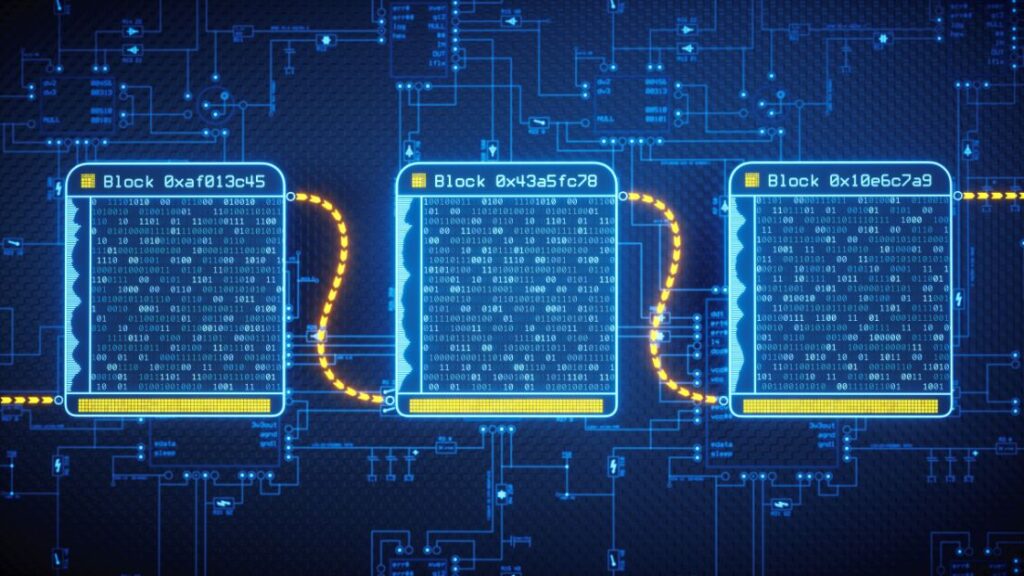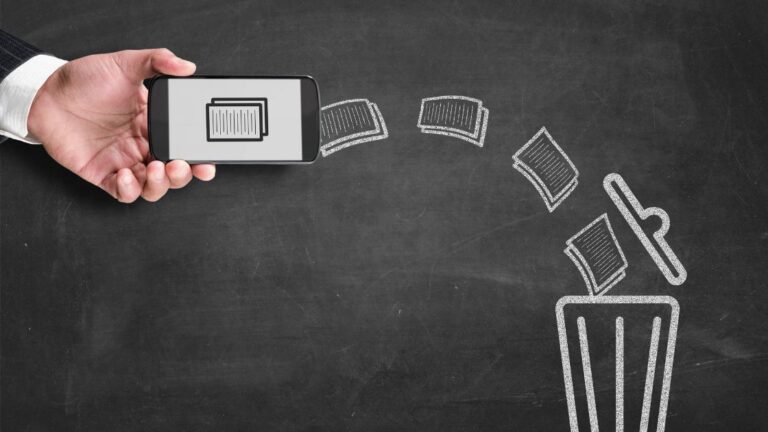Advertisements
Why I Had to Rethink Blockchain
I’ll admit it—when I first heard about blockchain, all I could think of was Bitcoin. Like many, I dismissed it as a passing crypto craze. However, as I began digging deeper, I realized blockchain was quietly transforming industries beyond finance. And honestly, what I discovered blew me away.
As someone always curious about how tech reshapes our world, I had to share what I found. Because trust me, the future of blockchain is way bigger—and much more personal—than you might think.
Supply Chain Transparency: From Farm to Fork

One of the first real-world blockchain uses that grabbed my attention was in food traceability. I had no idea that major retailers like Walmart are already using blockchain to track produce from farms to store shelves.
This means when you scan a pack of lettuce, you can trace its journey—where it was grown, who handled it, and how long it took to reach your store. It adds a level of safety and trust I didn’t know I needed until now.
So if you care about food safety, sustainability, or just want to avoid contaminated produce, blockchain is already working behind the scenes for you.
Healthcare Records That Actually Work for You
As someone who’s moved around a lot, keeping my health records updated across doctors was always a mess. That’s when I learned how blockchain could solve this by giving patients control over their own medical data.
With blockchain, your medical history can be securely stored and easily shared with authorized providers—without risking your privacy. Even better, you can give access with a private key, and revoke it whenever you want.
This isn’t just theory. Projects like MedRec and BurstIQ are making it happen now. If you’ve ever sat in a waiting room filling out the same forms for the fifth time, you’ll understand how revolutionary this is.
Voting That’s Transparent and Tamper-Proof
Like many people, I’ve grown skeptical of election integrity. But blockchain might actually change that. Several countries and U.S. states are now testing blockchain-based voting systems to prevent fraud and make results instantly verifiable.
Estonia, for example, has already implemented secure digital voting powered by blockchain—and it’s working. Citizens can vote online and confirm their votes were counted.
If we can bank online and store our identity securely on phones, why not vote digitally with full transparency?
Digital Identities You Actually Own
I still remember the frustration of trying to recover an email account I hadn’t used in years. That’s when I learned about blockchain-based digital identity platforms like uPort and Sovrin.
These systems give you a verifiable, portable digital ID that you own. No central authority can take it away or lock you out.
This could be life-changing not just for me—but also for the nearly 1 billion people globally who have no official form of ID. With blockchain, they could finally access banks, schools, and healthcare.
Real Estate Transactions That Don’t Take Forever
Buying property has always been complicated. When I bought my first apartment, the paperwork, title verification, and lawyer fees drove me crazy. But blockchain has already started to streamline that.
Now, platforms like Propy are using blockchain to list properties, verify titles, and even handle the transaction—all digitally. The result? Faster, cheaper, and fraud-resistant real estate deals.
I couldn’t believe people were already buying homes via blockchain smart contracts. It’s not just more efficient—it’s also more secure.
Protecting Artists in the Digital Age
As a creative, this one hit home. Musicians, photographers, and writers often struggle to protect their work from being copied or used without credit. Blockchain is changing that with verifiable ownership through NFTs and smart contracts.
Whether you love or hate NFTs, the underlying tech helps creators prove originality, automate royalties, and stop piracy. Platforms like Audius are giving power back to musicians.
I’ve started exploring these tools myself, and I can say—this could finally level the playing field for independent artists.
Smarter Contracts, Fewer Middlemen
The idea of smart contracts initially sounded abstract. But then I used one for a freelance project—and it made so much sense.
Smart contracts are self-executing agreements stored on the blockchain. Once the terms are met, the contract triggers automatically. No need for third-party approvals or lengthy delays.
Whether it’s a rental deposit, insurance payout, or freelance payment, blockchain smart contracts are faster and cheaper—and they keep everyone honest.
Fighting Fake News and Deepfakes
After falling for a fake video on social media last year, I started paying closer attention to digital content authenticity. That’s where blockchain steps in again.
Projects like Truepic and Amber Video are using blockchain to timestamp content and verify its origin. This can help prove that a photo or video hasn’t been manipulated.
With deepfakes on the rise, this kind of verification will be essential for journalism, public trust, and even democracy.
Energy Trading—From Your Roof to Your Neighbor
If you’ve ever installed solar panels, you know how hard it is to sell excess energy. But blockchain-based energy grids let you trade electricity directly with others in your community.
I found projects like Power Ledger and LO3 Energy that enable peer-to-peer energy trading, without needing big utility companies.
That’s not just empowering—it’s also more sustainable.
Philanthropy That’s Transparent
Last year, I donated to a charity but never got a clear answer on where my money went. Since then, I’ve looked into blockchain-powered donation platforms like Giveth and BitGive.
They let donors track exactly how funds are spent, ensuring full transparency. This builds trust and encourages more giving—which, in today’s world, we desperately need.
Why This Matters More Than Ever

Now that I’ve seen firsthand how blockchain is reshaping everything from healthcare to real estate, I realize this isn’t just another tech trend. It’s a structural shift in how trust, transparency, and ownership work.
We’re still in the early days. But every day, new blockchain applications emerge—ones that could affect your daily life whether or not you’ve ever touched crypto.
So if you’ve been ignoring blockchain because it felt too complex or “not for you,” now is the time to look again.
Stay curious. Stay informed. And of course—stay tuned to Tech Digest for more insights into the tech that’s shaping our future.




[…] tuned to Tech Digest for more insights, reviews, and gaming […]